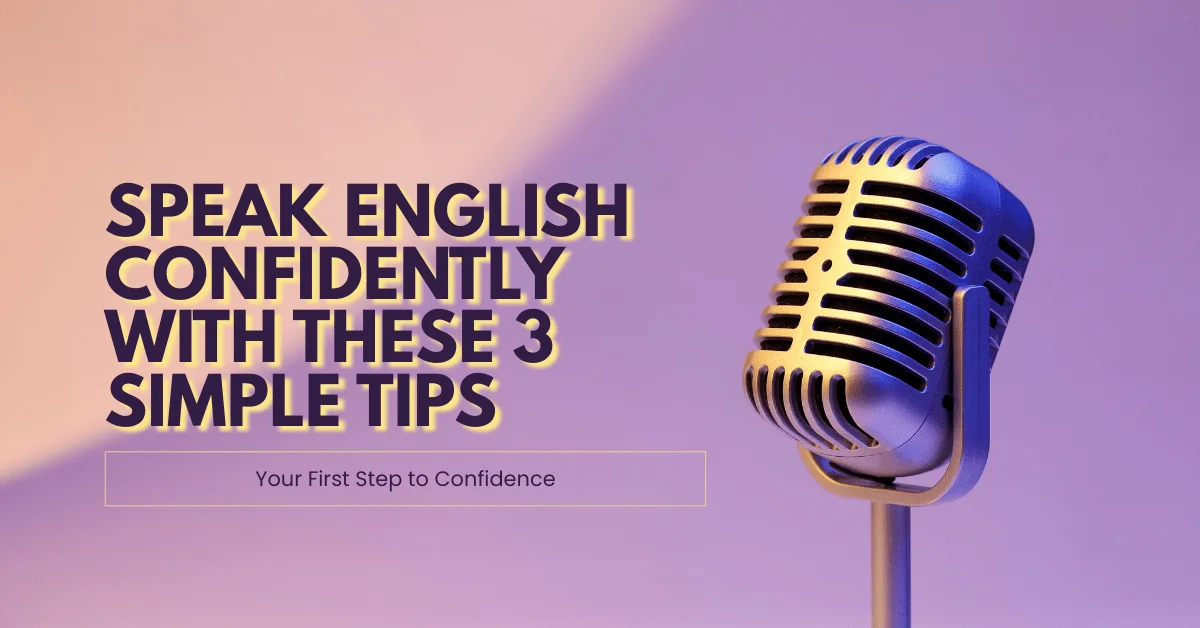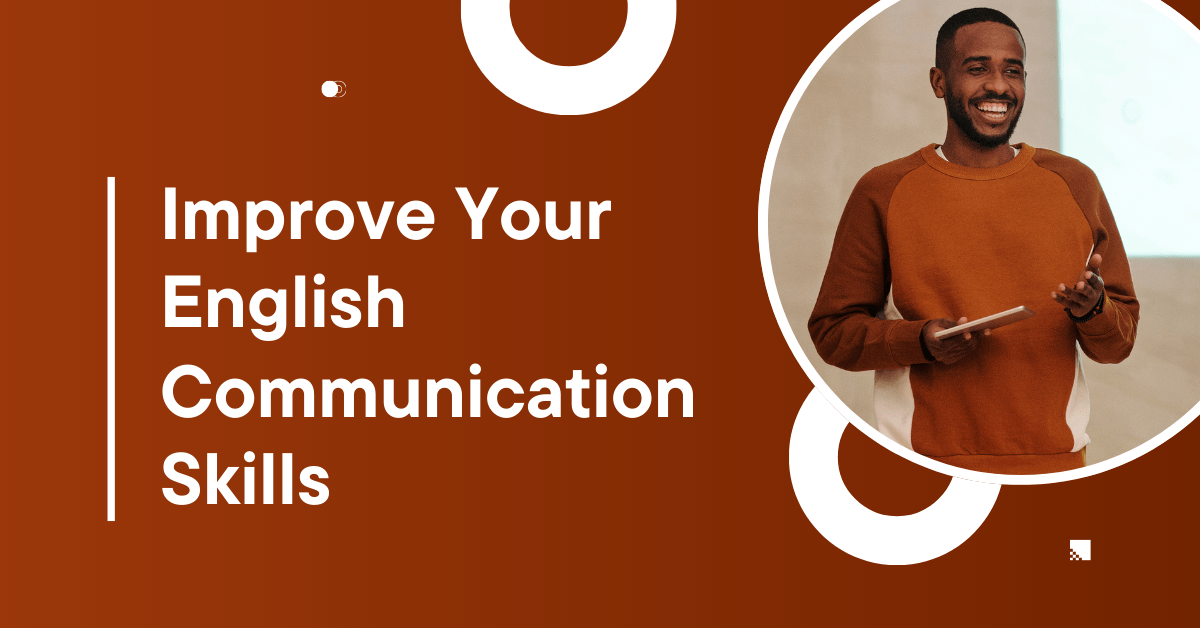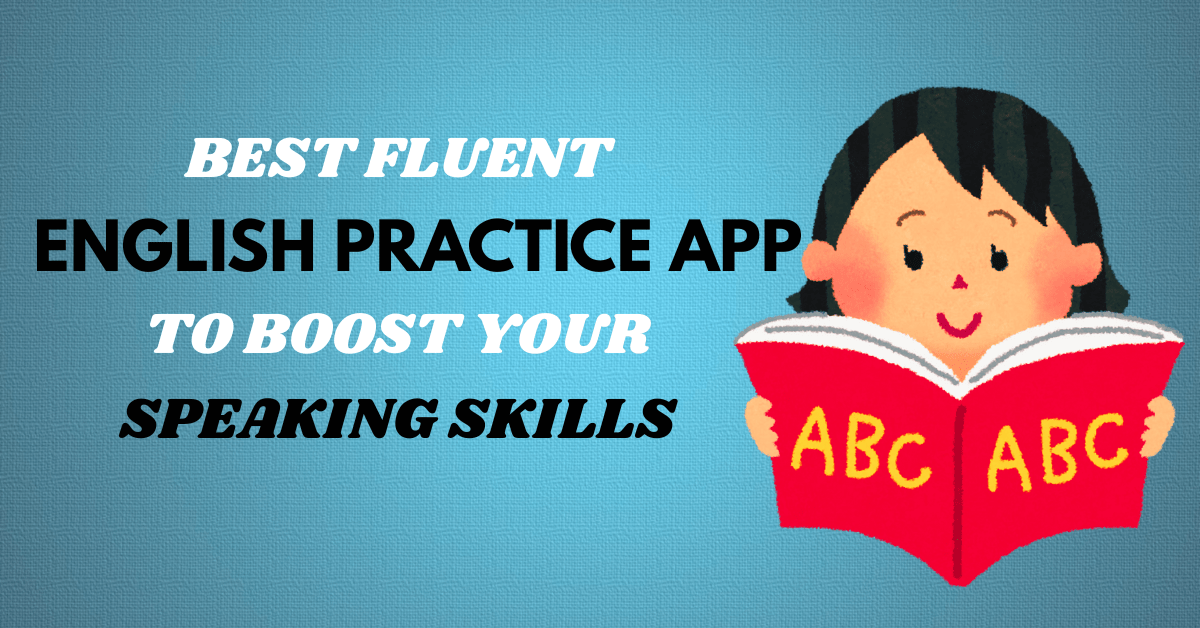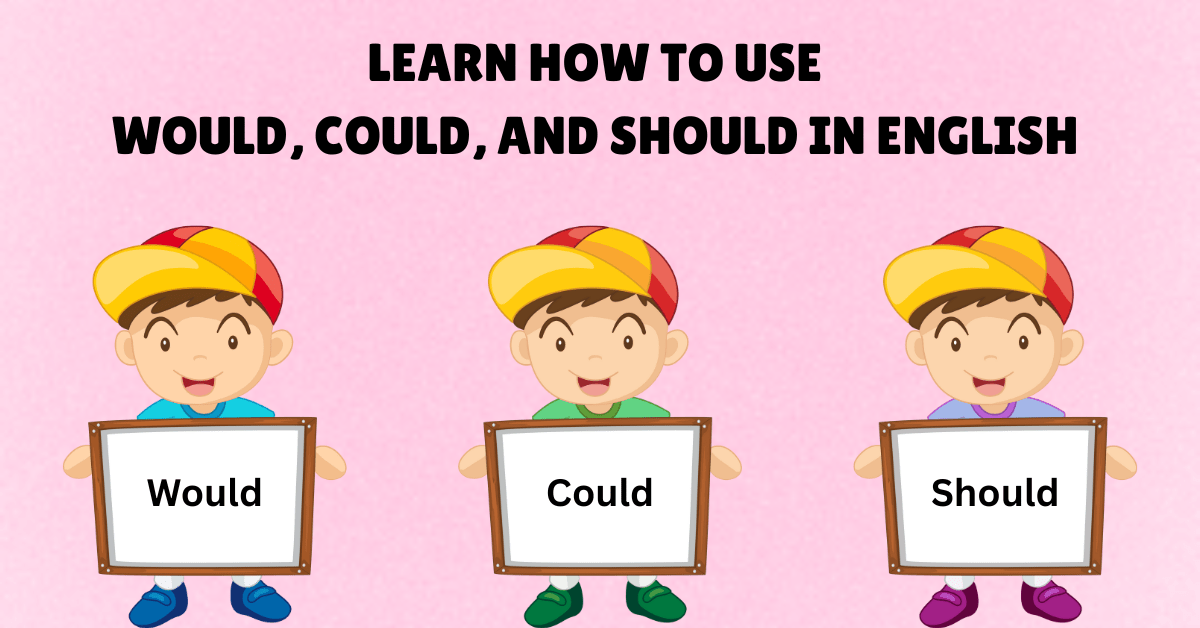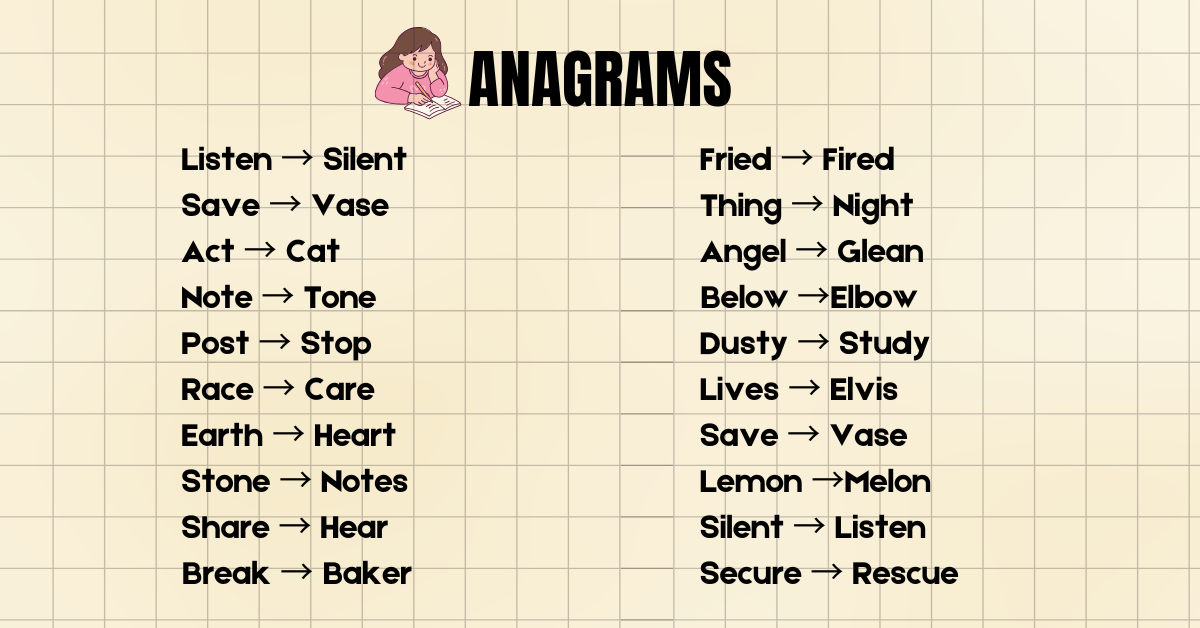If you’re reading this, chances are you’re serious about improving your English speaking skills in 2025. Maybe you’re preparing for a job interview, aiming to study abroad, or simply tired of losing confidence in conversations. Whatever your reason, you’re not alone.
English speaking courses have become essential in India, where English remains the language of opportunity. Whether it’s career growth, cracking competitive exams, traveling abroad, or simply speaking with confidence in daily life, fluent English opens doors everywhere. In fact, recent surveys show that over 85% of Indian professionals believe English fluency directly impacts career advancement.
But here’s the real challenge: with countless apps, institutes, and online English speaking courses available today, which one truly delivers real results?
This guide covers the Top 5 Best English Speaking Courses in India (2026 Edition), with a close look at their pros, cons, pricing, and most importantly — who each course is best suited for.
Quick Comparison Table: Best English Speaking Courses in India (2025)
| Platform | Best For | Mode | Pricing | Key Features |
|---|---|---|---|---|
| EngVarta | Daily 1-on-1 speaking practice | Mobile App | Affordable, monthly plans | Live calls with Indian experts, real-time correction |
| SpeakIn | Corporate communication skills | Website + App | Premium, corporate plans | Industry professionals, soft skills training |
| Cambly | Speaking with native tutors | Website + App | Higher-end | Native speakers, IELTS prep, flexible timings |
| British Council | Structured courses + certification | Online + Centres | Moderate to high | Grammar, business English, certifications |
| Duolingo | Fun, gamified learning for beginners | App + Website | Free (paid upgrade) | Gamified lessons, vocabulary building |
1. EngVarta – Best for One-on-One Speaking Practice with Experts
If you want to speak English fluently, you need to practice it, not just study grammar books. That’s where EngVarta shines.
EngVarta connects you with live English experts over phone calls. No video, no judgment — just natural conversations designed for Indian learners. The goal is not memorization, but building fluency and confidence through consistent speaking practice.
But effective English speaking isn’t just about talking—it’s about immersing yourself in the language and seeking real feedback. Surround yourself with English: listen to podcasts, watch YouTube channels, and chat with friends or language partners. Try role-playing common scenarios or discussing trending topics to push yourself out of your comfort zone. Don’t be afraid to make mistakes; every slip-up is a stepping stone to improvement.
But fluency isn’t just about talking—it’s about mastering a set of interconnected skills:
- Vocabulary development : Expanding your word bank helps you express ideas clearly and naturally.
- Pronunciation : Speaking so others understand you—without getting tangled up in tricky sounds.
- Listening comprehension : Catching every nuance, whether you’re chatting with a friend or listening to a podcast.
- Sentence construction : Building coherent, flowing sentences as you think and speak.
- Cultural nuances & idioms : Understanding those quirky phrases and cultural references that make a conversation feel real.
Practicing these skills through real conversations, presentations, and even a bit of public speaking will boost your confidence and fluency. Don’t forget the power of active listening and embracing constructive feedback—they’re your secret weapons for steady improvement.
Why EngVarta stands out:
-
Personalized 1-on-1 live sessions — no group classes
-
Speak anytime, anywhere — no scheduling hassles
-
Designed especially for Indian learners by Indian experts
-
Real-time corrections + instant feedback
-
Builds fluency as a daily speaking habit
Who it’s for: Students, working professionals, homemakers, or anyone who wants daily spoken English practice.
Remember: Confidence grows with regular, real-world use and honest feedback. The more you immerse, practice, and push your limits, the faster your spoken English will improve.
👉 Download EngVarta App on Google Play | Download on iOS
2. SpeakIn – Best for Learning from Industry Professionals
SpeakIn helps learners strengthen corporate communication skills by connecting them with industry professionals.
Why it stands out:
-
Focus on workplace communication and presentations
-
Real trainers from top industries
-
Adds soft skills + English improvement together
Who it’s for: Working professionals, team leads, and job seekers preparing for interviews or leadership roles.
3. Cambly – Best for Native Speaker Practice
Cambly allows learners to interact with native English tutors worldwide. It’s especially useful for those preparing for IELTS Speaking or planning to move abroad.
Why it stands out:
-
Native tutors with global accents
-
Great for IELTS prep and fluency
-
Flexible schedules
Who it’s for: Intermediate to advanced learners who want international exposure.
4. British Council – Best for Structured Courses & Certification
A globally trusted name, the British Council is ideal for learners who prefer a structured curriculum.
Why it stands out:
-
Reputed institution with credibility
-
Covers grammar, writing, business communication
-
Offers certifications recognized worldwide
Who it’s for: Students and professionals who want structured, academic-style learning with recognized certificates.
5. Duolingo – Best for Beginners Who Like Fun Learning
Duolingo is perfect for absolute beginners who want to make English practice a daily habit through gamified lessons.
Why it stands out:
-
Fun and engaging gamification
-
Daily streaks and rewards for consistency
-
Free with paid upgrade option
Who it’s for: School students, hobby learners, or beginners.
What Types of Jobs Can You Get with Strong English Speaking Skills?
Having strong English speaking skills opens doors to a wide variety of career paths—not just in traditional corporate roles, but also in creative and global industries.
This is where your proficiency in English can provide you with a benefit:
Customer Service & Support:
Companies need confident communicators for roles in call centers, help desks, and client servicing—especially in the banking, tech, and airline sectors.
Sales & Marketing:
Fluent English is essential for sales representatives, brand managers, and digital marketers, particularly at multinational firms or those targeting global markets.
Education & Training:
Whether you’re a teacher or a corporate trainer, or conducting online courses, strong English skills enable you to engage with students both locally and globally
Media, PR & Content Creation:
Whether you’re dreaming of a career as a journalist, content writer, vlogger, or PR professional, clear spoken English sets you apart in media and communication fields.
Global Relations & Travel:
Roles in embassies, tourism, hospitality, or BPOs usually require engagement with foreign clients, rendering skilled English communication vital
Corporate & Management Jobs:
Many leadership, HR, business analyst, and project management positions prioritize candidates who can confidently present, negotiate, and collaborate in English.
What About Location-Based Learning?
If you’re in Delhi, Mumbai, or Bangalore, you’ll find many local coaching institutes. However, most city-based spoken English classes still focus heavily on theory. Apps like EngVarta or Cambly are better if you want practice without commuting, while British Council has physical centres in major metros for those who prefer classroom learning.
👉 Connect with EngVarta on Social Media
Instagram : 👉 https://www.instagram.com/engvarta.app/
Youtube : 👉 http://www.youtube.com/@EngVarta
Facebook : 👉 https://www.facebook.com/engvarta
LinkedIn : 👉 https://www.linkedin.com/company/engvarta
Final Thoughts
There’s no one-size-fits-all when it comes to English-speaking courses in India. Some learners prefer structured programs with certifications, while others want flexibility and daily speaking practice.
If your goal is to speak English fluently and confidently in real life, ⭐ EngVarta is the standout option in 2025. Unlike rigid courses or gamified apps, it offers consistent speaking practice with real experts, anytime, anywhere.
Your fluency journey doesn’t need to wait.
👉 Start practicing with EngVarta today
Frequently Asked Questions (FAQ’s)
-
Do these apps really improve fluency?
Yes, but only if you practice consistently. Daily speaking practice with corrections is what transforms grammar knowledge into real fluency.
-
Can I prepare for IELTS with these apps?
Yes. Cambly and EngVarta are both strong options for IELTS Speaking prep.
-
Which English speaking course is the cheapest in India?
Duolingo offers free learning, but for practical fluency, EngVarta is one of the most affordable live-practice apps.
-
Are online English speaking apps better than offline classes?
Both have pros and cons. Apps provide flexibility and affordability, while offline classes provide structure. The best choice depends on your lifestyle and learning style.
-
Which English speaking course is best for interviews in India?
EngVarta is highly recommended because it prepares you with real, one-on-one conversations that simulate interview scenarios.




